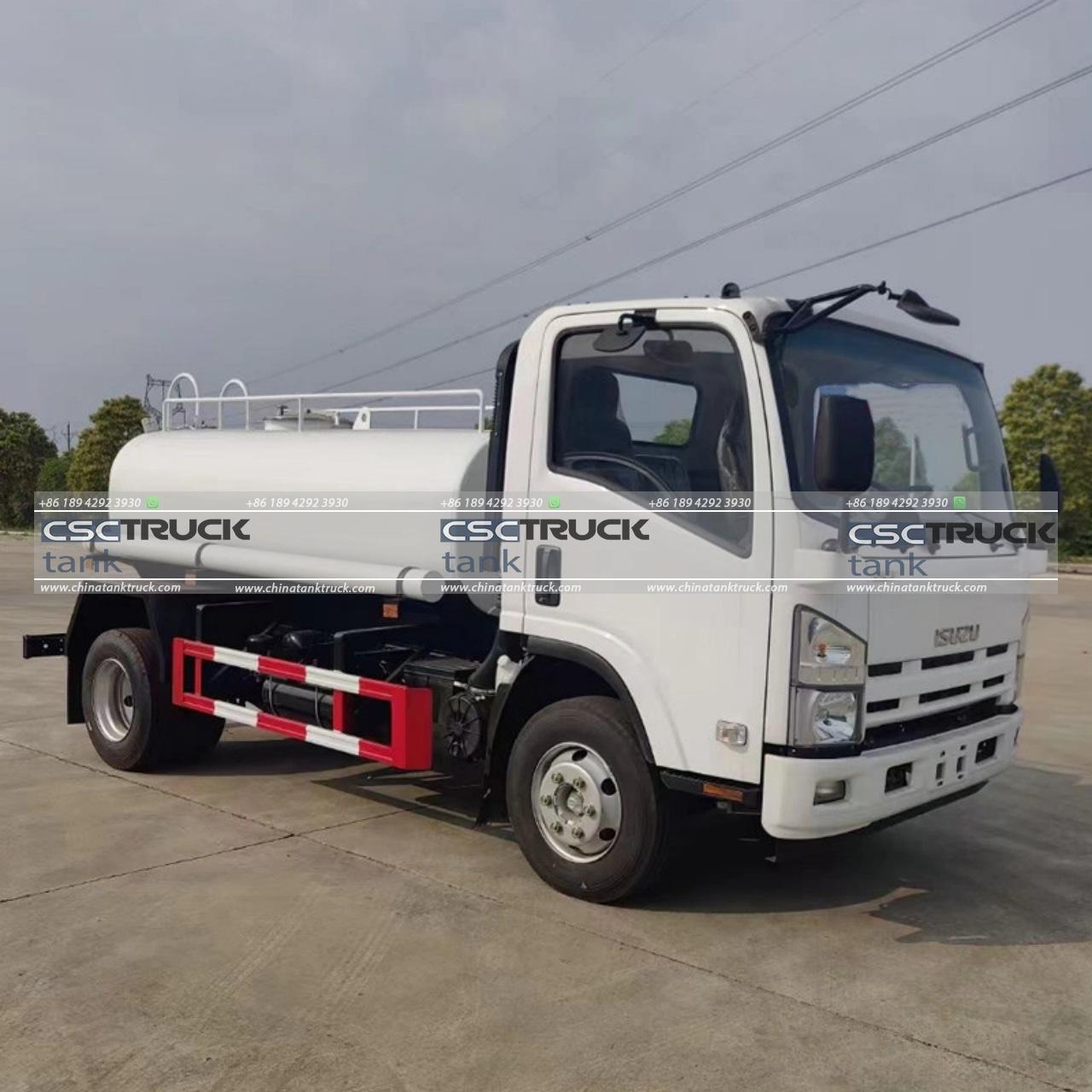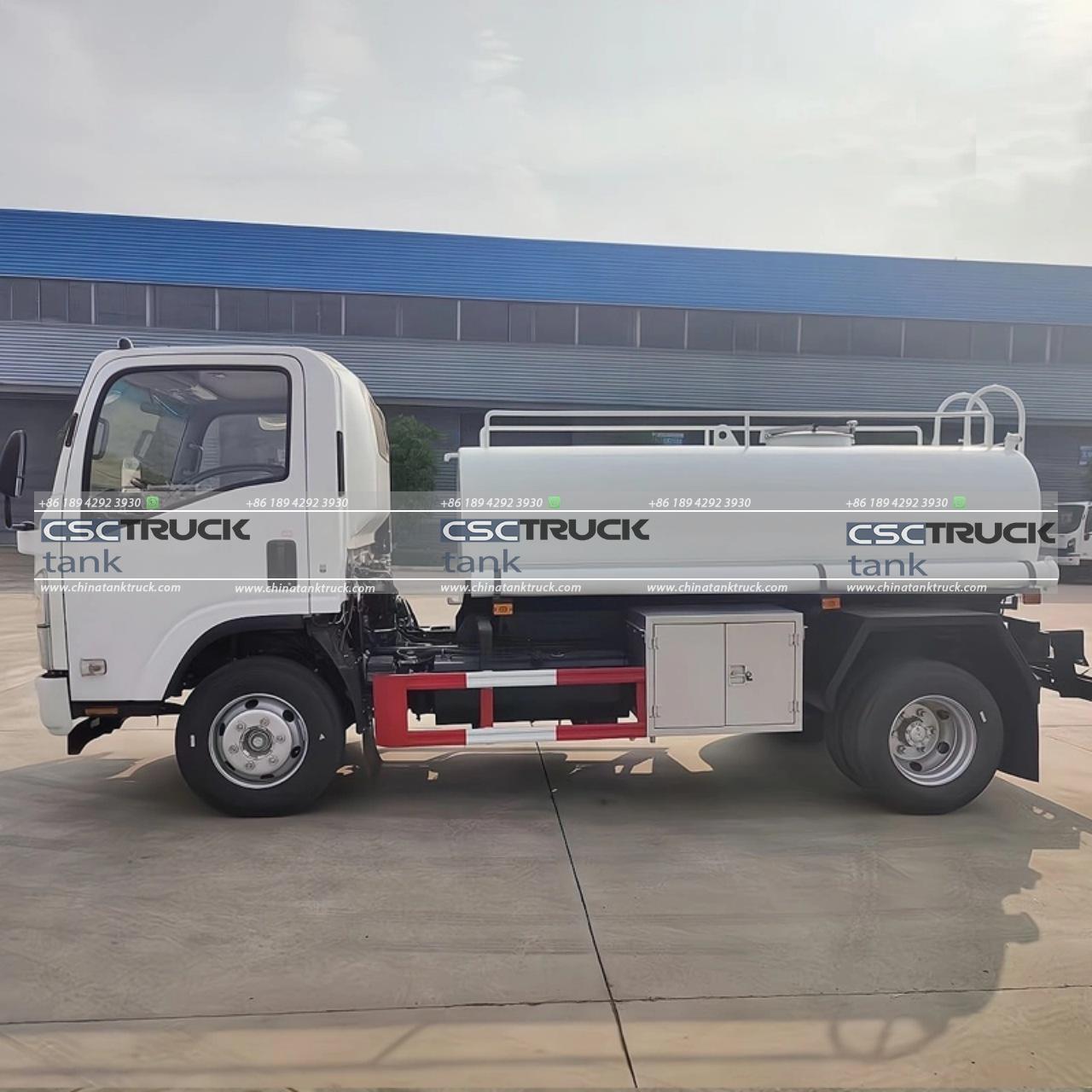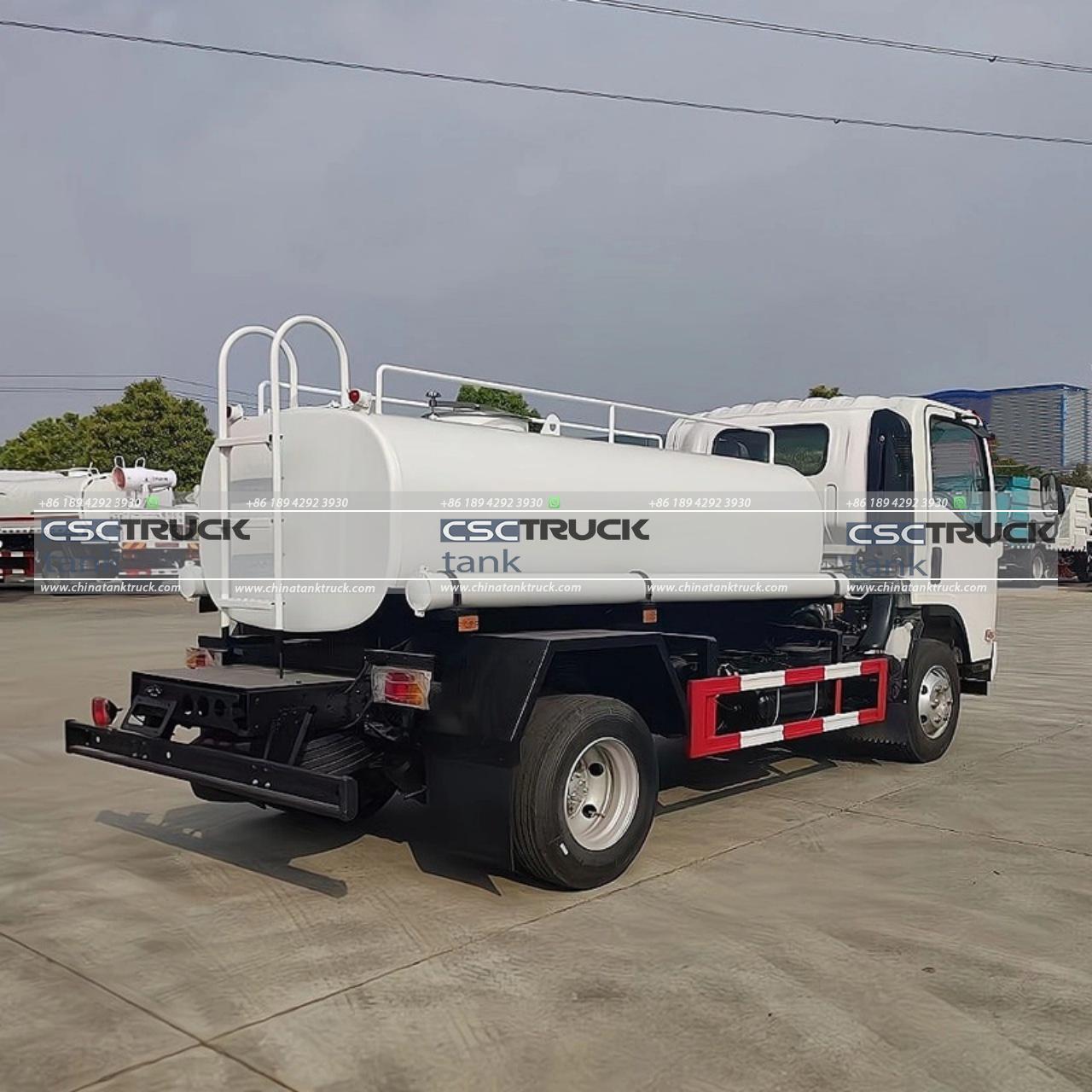What is a Wet Truck?
A wet truck, often referred to as a wet line truck, is a specialized commercial vehicle equipped with a hydraulic system that provides power to various attachments or trailers. These trucks are integral to industries that require the operation of hydraulic equipment, such as construction, oil and gas, and heavy haulage. The term “wet” in this context refers to the hydraulic fluid used in the system, which is essential for powering the equipment attached to the truck.
Components of a Wet Truck
A wet truck is distinguished by several key components that enable it to function effectively:
1. Hydraulic Pump: The heart of the wet truck’s hydraulic system is the pump. This component is driven by the truck’s engine and is responsible for pressurizing the hydraulic fluid, which in turn powers the attachments or trailers connected to the truck.
2. Hydraulic Tank: The hydraulic tank stores the hydraulic fluid, which is essential for the system’s operation. The size of the tank can vary depending on the truck’s intended use, with larger tanks providing more fluid for heavy-duty operations.
3. Control Valves: These valves regulate the flow of hydraulic fluid, directing it to the specific attachments that need power. They play a crucial role in ensuring that the right amount of fluid is delivered to the correct components at the right time.
4. Hoses and Fittings: The hydraulic fluid is transported through a network of hoses and fittings. These must be robust and durable to withstand the high pressures involved in hydraulic systems.
5. Power Take-Off (PTO): The PTO is a device that transfers power from the truck’s engine to the hydraulic pump. This component is essential for the wet truck’s ability to power external hydraulic equipment.

Types of Wet Trucks
Wet trucks come in various configurations, each designed to serve specific industrial needs. The most common types include:
1. Dump Trucks: Wet trucks are often used in the construction industry to power dump trailers. The hydraulic system allows the trailer bed to be lifted, enabling the dumping of materials such as sand, gravel, or debris.
2. Tanker Trucks: In the oil and gas industry, wet trucks can be used to power the pumping systems required for loading and unloading liquids. These trucks are essential for transporting fuel, chemicals, and other liquid products.
3. Heavy Haulage Trucks: For transporting oversized or heavy loads, wet trucks can power the hydraulic systems needed to maneuver and secure these loads. This is particularly important for moving equipment such as cranes, large machinery, or prefabricated structures.
4. Logging Trucks: Wet trucks are also used in the forestry industry to power the hydraulic systems that operate log loaders. These trucks play a vital role in the efficient transport and handling of timber.
Advantages of Wet Trucks
Wet trucks offer several advantages, making them indispensable in various industries:
1. Versatility: One of the most significant benefits of wet trucks is their ability to power a wide range of hydraulic equipment. This versatility makes them suitable for numerous applications, from construction to transportation.
2. Increased Efficiency: By providing the necessary hydraulic power, wet trucks enhance the efficiency of operations that would otherwise require separate machinery. This integration reduces the need for additional equipment, saving both time and resources.
3. Cost-Effective: While the initial investment in a wet truck can be substantial, the long-term savings in operational costs make them a cost-effective solution. The ability to perform multiple functions with a single vehicle reduces the need for a fleet of specialized trucks.
4. Reliability: Modern wet trucks are designed to withstand harsh working conditions. The hydraulic systems are built to be durable and reliable, ensuring that the truck can perform consistently even in demanding environments.

Applications of Wet Trucks
Wet trucks are used across a variety of industries due to their ability to power different types of hydraulic equipment. Some of the most common applications include:
1. Construction: In the construction industry, wet trucks are used to power dump trailers, cement mixers, and other hydraulic equipment. They are essential for tasks such as transporting and unloading materials, laying asphalt, and operating heavy machinery.
2. Oil and Gas: Wet trucks play a critical role in the oil and gas industry by powering the pumps required for loading and unloading tanker trucks. They are also used to operate hydraulic fracturing equipment, making them indispensable in this sector.
3. Forestry: Logging operations rely on wet trucks to power log loaders and other hydraulic equipment. These trucks are crucial for transporting timber from the forest to processing facilities.
4. Transportation: Wet trucks are commonly used in the transportation of heavy loads. Their hydraulic systems enable the secure and efficient movement of oversized equipment, vehicles, and prefabricated structures.
Maintenance of Wet Trucks
Maintaining a wet truck is crucial for ensuring its longevity and reliable performance. Regular maintenance involves checking and replacing hydraulic fluid, inspecting hoses and fittings for wear and tear, and ensuring that the hydraulic pump and control valves are functioning correctly.
1. Hydraulic Fluid: Regularly check the hydraulic fluid levels and quality. Contaminated or low fluid levels can lead to system failures and reduced efficiency.
2. Hoses and Fittings: Inspect hoses and fittings for signs of wear, cracks, or leaks. Damaged hoses can lead to fluid loss and pressure drops, which can impact the truck’s performance.
3. Hydraulic Pump and Valves: Ensure that the hydraulic pump and control valves are working properly. Any issues with these components can result in insufficient power being delivered to the attachments, reducing the truck’s effectiveness.
4. PTO Maintenance: The Power Take-Off (PTO) system should be regularly inspected and maintained to ensure it is transferring power efficiently from the truck’s engine to the hydraulic pump.

Conclusion
Wet trucks are versatile and powerful vehicles that play a crucial role in many industries. Their ability to power hydraulic equipment makes them indispensable for tasks ranging from construction and transportation to oil and gas operations. With proper maintenance, wet trucks can provide reliable and efficient service for many years, making them a valuable investment for companies that require heavy-duty performance in demanding environments. Whether used for powering dump trailers, operating log loaders, or transporting heavy loads, wet trucks are a testament to the power of hydraulic systems in modern industry.

